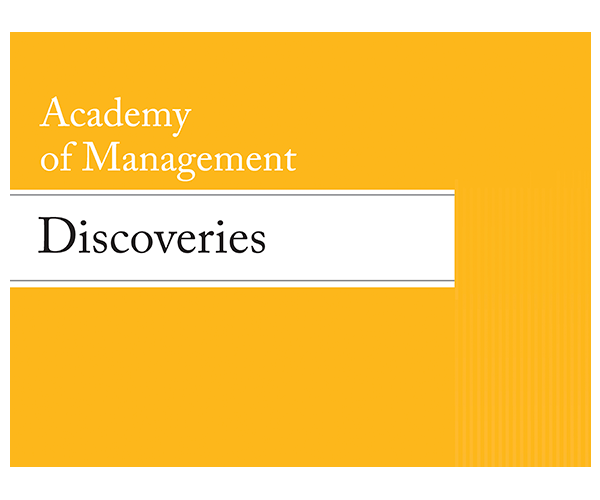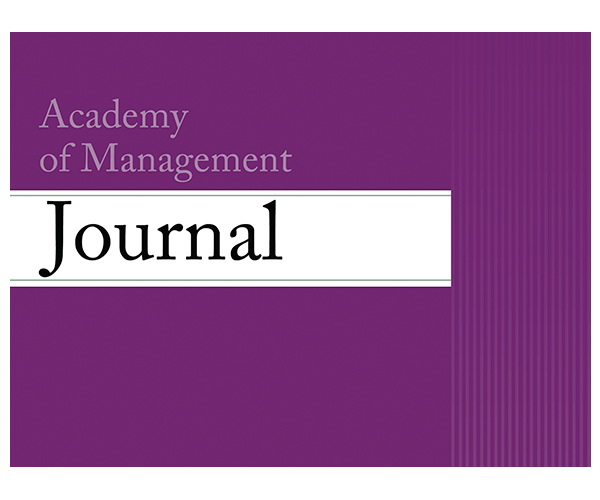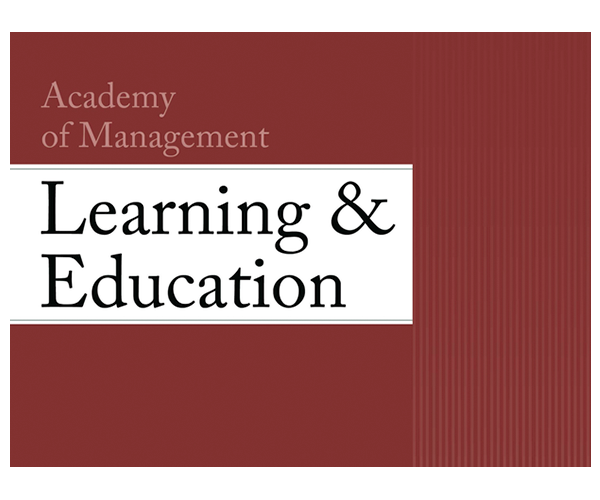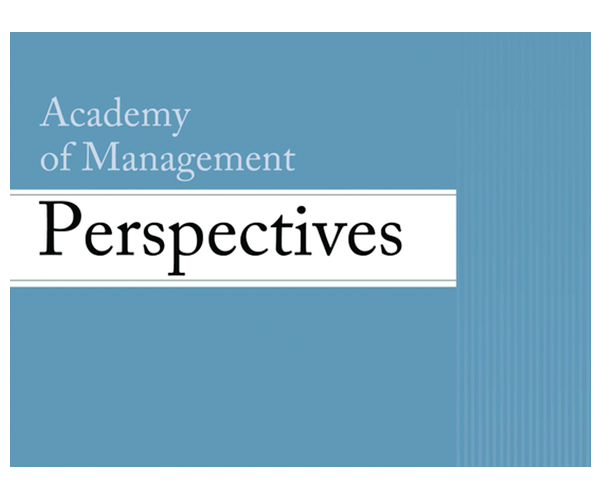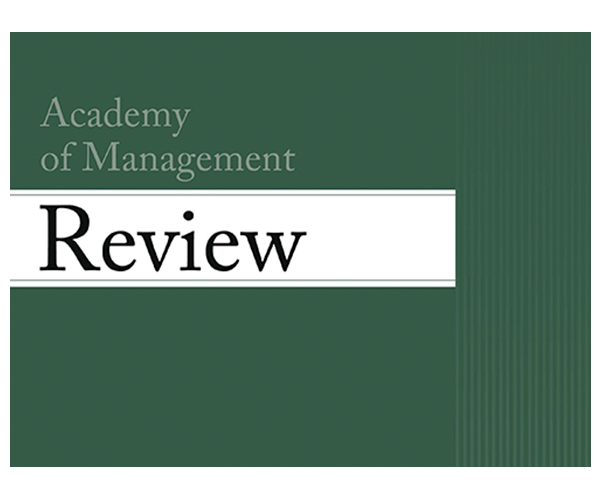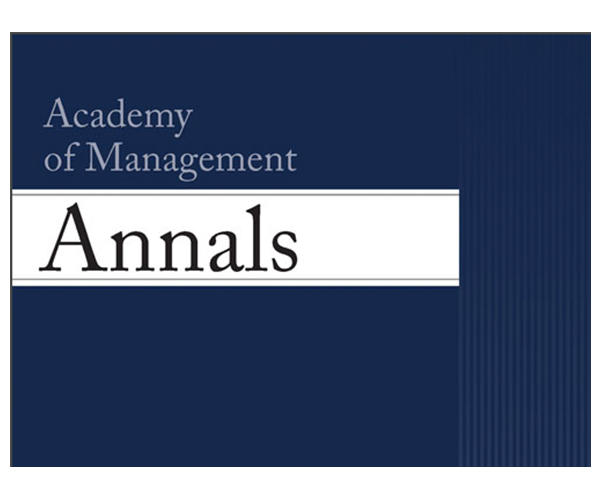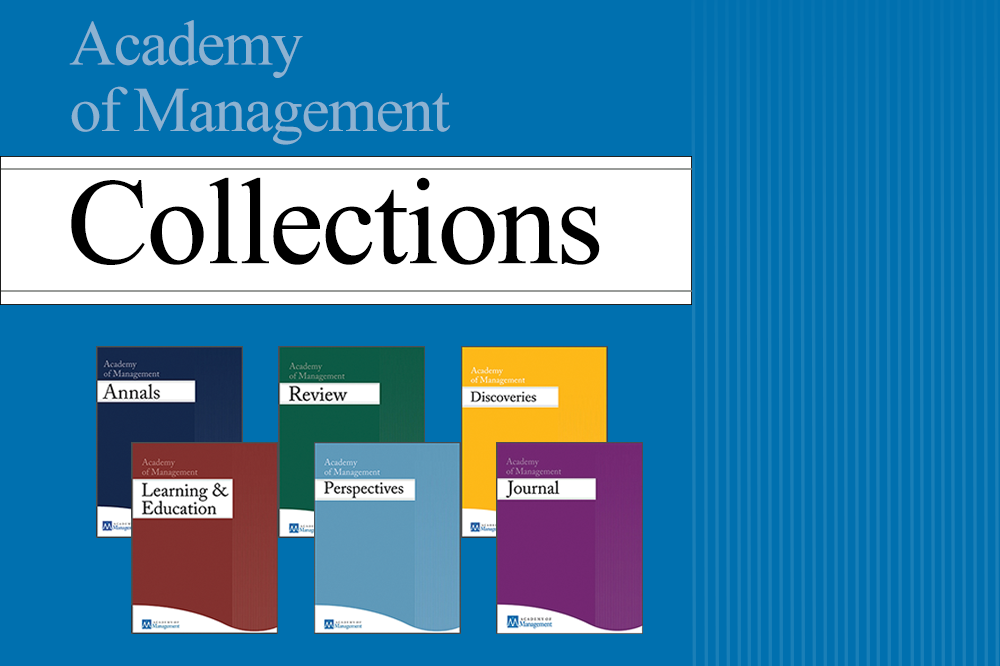
From the Editors
From a Portfolio of Journals to a System of Knowledge Production
Papers prepared for journals are fundamental vehicles in the production and dissemination of valuable scientific knowledge, and there are many “From the Editor” (FTE) essays in Academy of Management (AOM) journals that provide guidance for improving scholarly papers and impact. Most of these essays are focused “within paper” (e.g., Dorobantu, Gruber, Ravasi & Wellman, 2024; George & Cronin, 2024; Suddaby, Schulze, Wood, Markman & Weber, 2023; Thatcher & Fisher, 2022), and some even “within scholar” (e.g., Miller, 2024; Rockmann, 2022). Far rarer are considerations of how different kinds of scholarly activities amplify impact across papers and scholars (e.g., Lindebaum & Wright, 2021). This is unfortunate, as an individualistic focus fails to leverage one of the greatest strengths of the AOM peer-reviewed portfolio: the distinct functions served by each of the seven journals (Rockmann et al., 2021). For science to have impact, researchers must generate new knowledge and synthesize it with what is already known. Educators must create frameworks, based on this knowledge, to teach students about principles of organizations and management. Practitioners benefit from learning to apply such principles in organizational contexts. These activities support each other, and the AOM journals—as a group—facilitate this knowledge production system (see Figure 1). Authors who recognize these linkages can communicate more effectively how their findings are useful and usable—and to whom. The perspective of a knowledge production system offers the potential to amplify impact, in terms of who reads, cites, and applies research. Perhaps more importantly, this system coordinates scholars’ individual activities, enhancing the impact of the Academy itself.
- Full article in Academy of Management Annals
- Full article in Academy of Management Discoveries
- Full article in Academy of Management Journal
- Full article in Academy of Management Learning & Education
- Full article in Academy of Management Perspectives
- Full article in Academy of Management Review
- Full article in Academy of Management Collections
